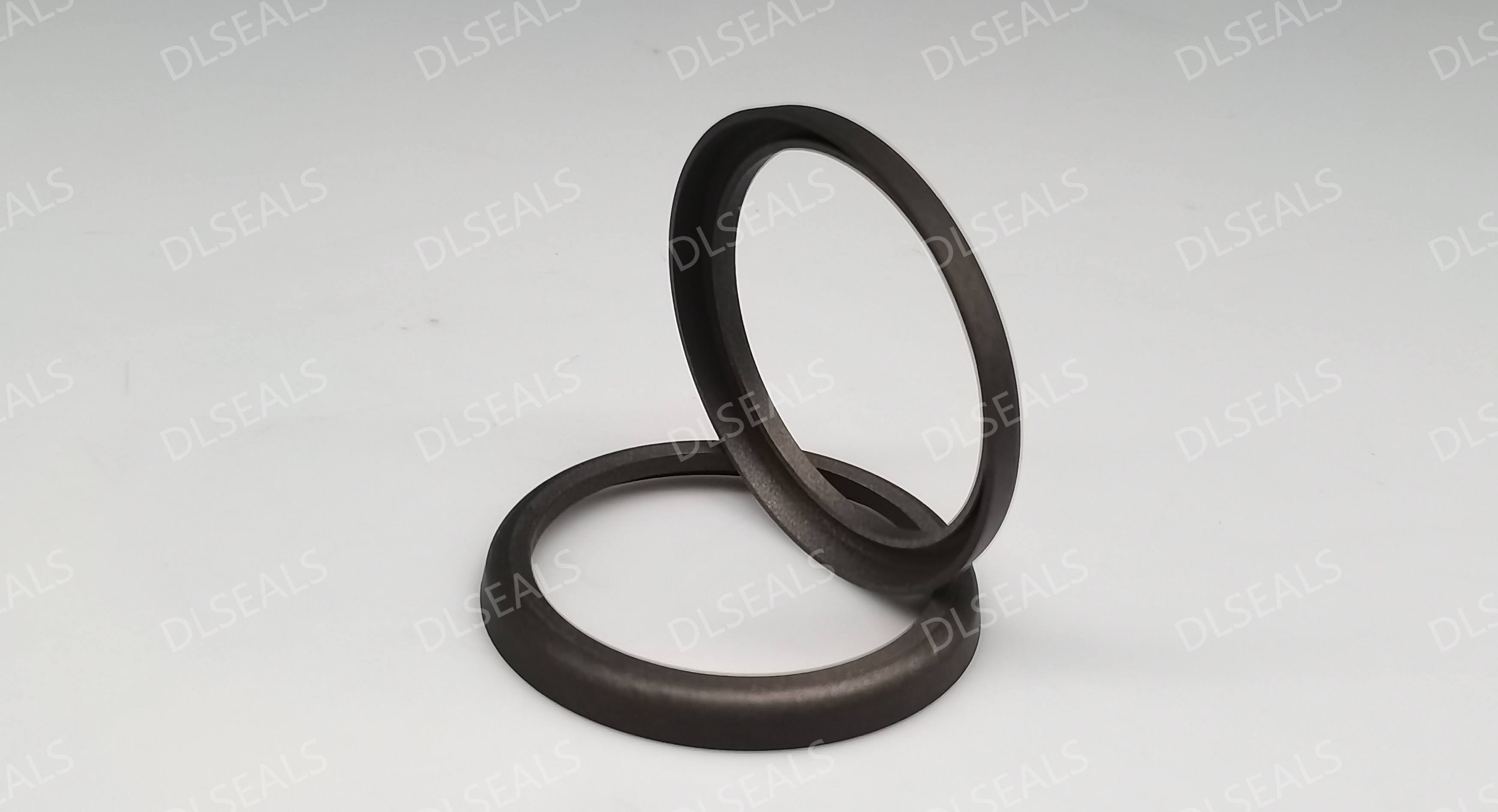News
A2024-09-20

Sealing rings play a vital role in various equipment and piping systems. Choosing the right sealing ring can effectively prevent liquid and gas leakage and improve the reliability and life of the system. This article will provide a practical guide to help you choose the right sealing ring according to different needs and working conditions.
1. Understand the basic types of sealing rings
The main types of sealing rings include:
Rubber sealing rings: such as nitrile rubber, fluororubber, etc., suitable for various temperature and pressure conditions, with excellent sealing and elasticity.
Metal sealing rings: such as metal corrugated sealing rings, metal rubber composite sealing rings, etc., suitable for high temperature, high pressure and harsh environments.
Composite sealing rings: such as metal soft gasket sealing rings, which combine the advantages of metal and filling materials and are used in high temperature, high pressure and chemical medium environments.
2. Key factors in selecting sealing rings
Media type
Liquids: such as oil, water, chemicals, etc. It is necessary to select sealing ring materials with good tolerance to the medium. For example, fluororubber sealing rings are highly oil-resistant and suitable for petroleum products.
Gases: such as air, nitrogen, oxygen, etc. For gas sealing, the compressibility and airtightness of the sealing ring are particularly important. Commonly used materials include fluororubber and metal corrugated sealing rings.
Working temperature
High temperature environment: Choose high temperature resistant materials, such as metal seals or high temperature fluororubber.
Low temperature environment: Choose materials with good low temperature flexibility, such as nitrile rubber or low temperature fluororubber.
Working pressure
Low pressure environment: Standard rubber seals are usually sufficient.
High pressure environment: You need to choose high pressure seals, such as metal soft gasket seals or metal bellows seals, which can withstand higher pressures.
Corrosion resistance
Chemical media: Choose chemically resistant materials, such as fluororubber or stainless steel metal seals.
Wet environment: Make sure the seal material can prevent moisture and corrosion, such as water-resistant fluororubber or synthetic rubber.
Installation conditions
Limited space: For small installation spaces, choose seals with strong flexibility, such as metal bellows seals or composite seals.
Contact surface condition: If the contact surface is irregular or scratched, choose a seal with good filling ability, such as a metal soft gasket seal.
Size of the seal
Inner and outer diameters: Measure the size of the pipe or equipment according to actual needs and choose the appropriate seal size.
Thickness: Select a sealing ring of appropriate thickness according to the sealing requirements and installation space to ensure the sealing effect and reliability.
3. Selection Example Analysis
High-temperature and high-pressure pipelines in chemical plants
Requirements: Resistance to high temperature, high pressure and chemical corrosion.
Recommended: Metal cushion sealing ring or metal corrugated sealing ring. These sealing rings can withstand extreme working conditions and ensure the safety and stability of the pipeline system.
Oil system of automobile engine
Requirements: Oil resistance, high temperature resistance and vibration resistance.
Recommended: Fluorine rubber sealing ring or metal rubber composite sealing ring. These sealing rings have excellent oil resistance and high temperature performance, and can adapt to the vibration of the engine.
Food processing equipment
Requirements: Meet food grade requirements and corrosion resistance.
Recommended: Food grade silicone sealing ring or PTFE sealing ring. These sealing rings are non-toxic, corrosion-resistant, and suitable for the hygiene requirements of food processing.
4. Conclusion
Choosing a suitable sealing ring requires comprehensive consideration of factors such as media type, operating temperature, pressure, corrosion resistance, installation conditions and size. Understanding the characteristics and application range of different sealing rings can help you make the best choice, thereby improving the sealing performance and working reliability of the equipment. Through the above practical guidelines, we hope to help you find the most suitable seal ring in actual application and optimize the sealing solution.
[DLSEALS kindly Reminder] Sealing issues? Turn to DLSEALS! As a sealing component manufacturer, we specialize in customizing sealing components, providing a full range of services from design, research and development, production, testing, and more. If you have more information you'd like to know, feel free to contact us directly. DLSEALS's product experts are dedicated to serving you!